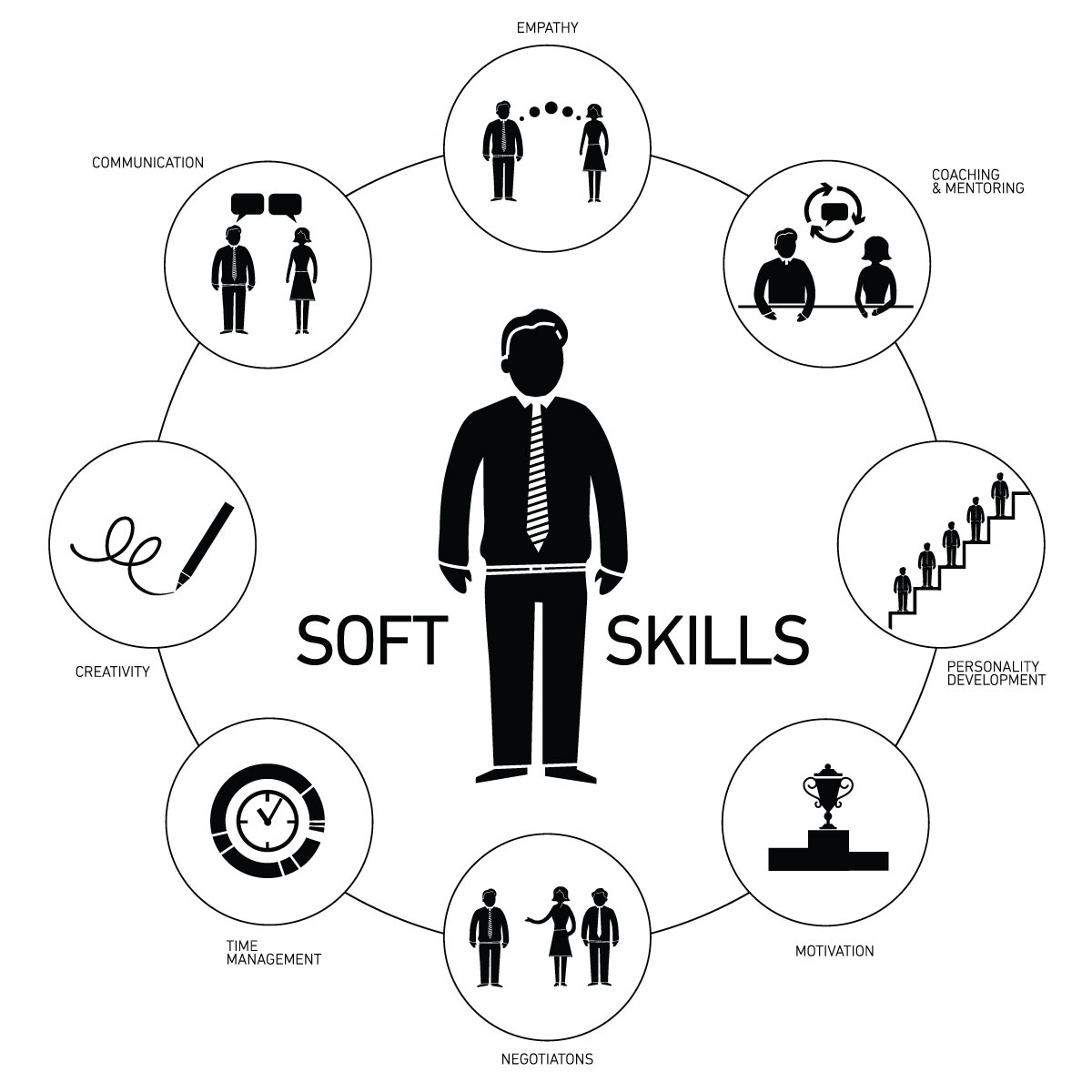Perspective of a student –
During our childhood, we all must have heard from our parents and elders that if we study hard during our childhood, we will reap the sweet fruit of it during our later years of life, but we have many examples in front of us like Mark Zuckerberg who left the Harvard University without even completing his degree but still, he has a net worth of 10,680 crores US $. And one of the greatest examples will be of Steve Jobs, so today most of us will be proud and feel self-satisfied of having the latest model of i-phone with us but this couldn’t have been possible if back in 1997 a college dropout wouldn’t have “THINK DIFFERENTLY” approach and launched an entire series of iMac, iTunes, iTunes Store, Apple Store, iPod, iPhone, App Store, and the iPad.
Education is one of the important factors which might help us to decide our future goals and career paths to lead towards financial success in the future but it is surely not the most necessary component for creativity, innovation, and constructive disruption in society and most importantly for our financial success. The era of Industry 4.0 has demanded an immense need of technical skills which were not there in the existing fundamental formal education structure but since the New Education Policy 2020 came in, it signifies that how important IT and technical skills are, that the government has to include it in the basic curriculum of primary and elementary school children.
The current digital era has brought many new professions that do not require higher education. So even if we consider time duration of the long back but just recently a decade ago, people would have never believed that “vlogging” – making videos and posting them online – would be a future career option. Now, some vloggers pay the bills uploading YouTube videos alone which have given rise to an entirely new segment of “social media influencers”. Irrespective of whether you hold any degree or not it has no impact on your popularity.
Having a formal degree does not directly lead to a successful career. If we look into the current scenario most of the employers place a higher value on experience, which could mean volunteering, work experience, or general experience of life for selecting the best fit for their organization. With a mixture of skills, hard work, and luck, people will do just fine even without degrees.
Even in this era of the COVID-19 pandemic, we have seen a sudden higher drift in the demand of online Artificial Intelligence, Machine Learning based technical and behavioral competency-based skill-courses which are quoted as vital to survive and compete in the current job market. As been quoted in one of the recent advertisements that to progress in career, continuous learning and skill-building are also important apart from basic institutional education.
One thing is also clear that most people do not land up working in their dream job aligned with their education even if they have enough skills for such a job or work. Intensive research should also be a mandatory part of the curriculum to reduce the current skill market gap and make our present and future workforce being ready for jobs in the upcoming digital era which will ensure financial stability along with a wider knowledge base as well.
As per an article in Financial Express dated December 26, 2018, India had only twenty- one thousand publications during the last decade which seemed to stand nowhere in the global mark. India holds its heads high in some of the key areas like traditional healthcare facilities existing in Ayurveda and other ancient histories. To survive and get successful in the current globally cut-throat competitive market, we should try to adopt an appropriate mix and balance of our ancestral knowledge along with adding technological aspects to the same.
And all these courses demand deep learning and research on the subject area which can be learned through various sources but just limiting ourselves to textbook knowledge or few restricted sources will never help us in attaining the right results rather we should focus more towards attaining a proper balance of theoretical knowledge along with practical aspect into the same.
So to conclude we can say that formal education should be made mandatory but then it should be flexible enough to let a student explore the creativity, innovation, and technological aspects of themselves. At IILM where I study for my higher education, the nurturing environment has given me the flexibility and freedom to choose from a wide array of electives and soft skills to pursue my passion and creativity and be future ready.
Author – Harshita Jain
MBA, Year II – IILM University Gurugram




